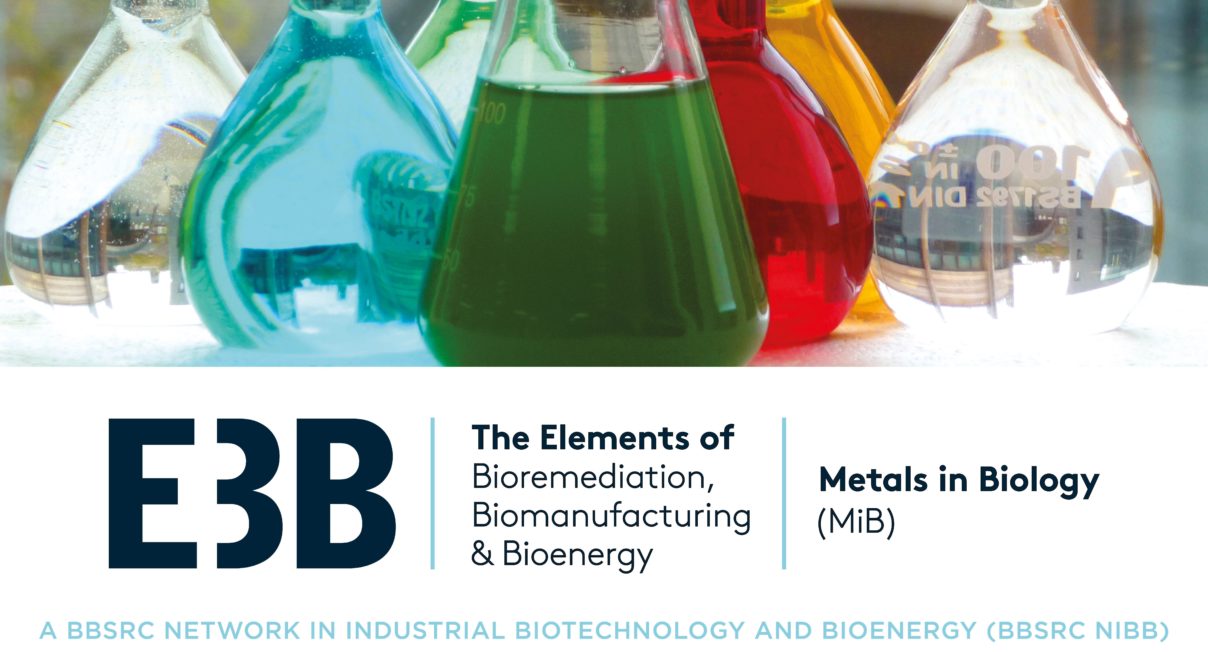Can biotech help turn UK PLC green?
Industrial biotech is set to be key in the UK’s green growth economy. It’s success highlights the enormous power of partnerships between academia and industry.
Farewell fossil fuels
We face a paradox. Modern British society depends on industrial production to keep us comfortable, healthy fed and entertained.
But at the same time, UK industry is responsible for a quarter of the greenhouse gas emissions that contribute to climate change that threatens this way of life. In a world that must move beyond fossil fuels we face critical questions:
- how do we make the substances that we need to clean?
- how do we make clothes?
- how do we package our fruit and vegetables?
Colin Miles, Head of Renewable Resources and Clean Growth, BBSRC says:
If we want to build an economy that truly sustains our civilisation now, and in the future, we must find ways to maintain production whilst cutting emissions to net zero, and biotech is key to that.
Plants, algae and bacteria
Industrial biotech is the use of plants, algae and bacteria to produce and process at scale the materials and chemicals we need. It often uses starting materials, or feedstocks, that we would consider to be wastes.
The ability to precisely manipulate the genetic make-up of living organisms has also given fresh impetus to the sector, by enabling a transformation of CO2-intensive industries. But this will only be possible by bringing together cutting edge academic science and engineering, with the scale and resources of business.
Collaborative research ecosystem
BBSRC, which is part of UKRI, plays a vital role in developing the collaborative research ecosystem that is driving industrial biotechnology forwards.
It is the principal public funder of UKRI activities for future bio-based manufacturing.
Amanda Collis, Executive Director for Research, Strategy and Programmes at BBSRC-UKRI, says:
We are taking a leading role in helping create these partnerships, not just nationally, but internationally as well. Our strategy is all about helping to enable the government to realise it’s ambition to move the country towards net zero emissions.
This leadership role is more important than ever in a year when the UK will host the 2021 United Nations Climate Change Conference (COP26) in Glasgow, from 1 to 12 November 2021.
Amanda Collis states:
Our mission is to invest in people, partnerships, institutions and other organisations and help them rise to this challenge. We are trying to help create a carbon neutral future through a circular economy based on much more efficient use of natural resources.
Biotechnology in action
Already, there are many examples of how academic-industrial partnerships are demonstrating the potential of biotechnology to help take us towards net zero.
The University of Southampton is working with Novozymes and Fiberight to transform municipal waste into chemical feedstocks, to support sustainable manufacturing of chemicals.
Elsewhere, Aberystwyth University and Terravesta are exploring ways to scale up and improve the use of British-grown elephant grass, as a carbon negative power station fuel and a feedstock for chemicals manufacture.
Engineers from the University of Nottingham have demonstrated that genetically engineered bacteria can transform waste CO2 from steel plants into industrial chemicals, including acetone and isopropanol, displacing petrochemical sources.
Industrial production
Biodegradable plastics are being made from biomass by companies like Biome Bioplastics, in collaboration with several UK universities, using natural resources without the need for fossil chemicals.
Colin Miles says:
This is biotech in everyday life. This is what we are good at in the UK and UKRI funding and networks, such as Networks in Industrial Biotechnology and Bioenergy, are helping take it from the small scale to industrial levels of production.
These partnerships are about making research practical and de-risking the investment in new technology.
The BBSRC Networks in Industrial Biotechnology and Bioenergy are set up over several years, and provide a sustained community of practice in key areas, such as:
- carbon recycling
- bio-based renewable chemicals and materials manufacture.
They draw in specialists from different disciplines, from both the academic and business communities.
Through the ability to pump-prime activities via small grant funding, they have made significant progress already.
A better future with biotechnology
Amanda Collis says:
We have a responsibility to push boundaries and draw the innovative and theoretical through into business where it can have a practical impact at scale. Whether that is through sustainable chemicals manufacture, advanced materials or enhanced agricultural practices. We need to eliminate our reliance on fossil chemical feedstocks.
The potential of science and engineering to address global issues at scale and with great speed has been demonstrated by the race for vaccines during the COVID-19 pandemic. Now biotech must rise together to the challenge of creating a net zero economy.
Miles states:
Community building can help make this happen. The funding we provide, the networks we facilitate, together enable people to connect with everyone in their supply chain. It’s not easy as either an SME or a researcher to work out how to take your input to an output. But by working together we can do amazing things – and make the theoretical possible.
